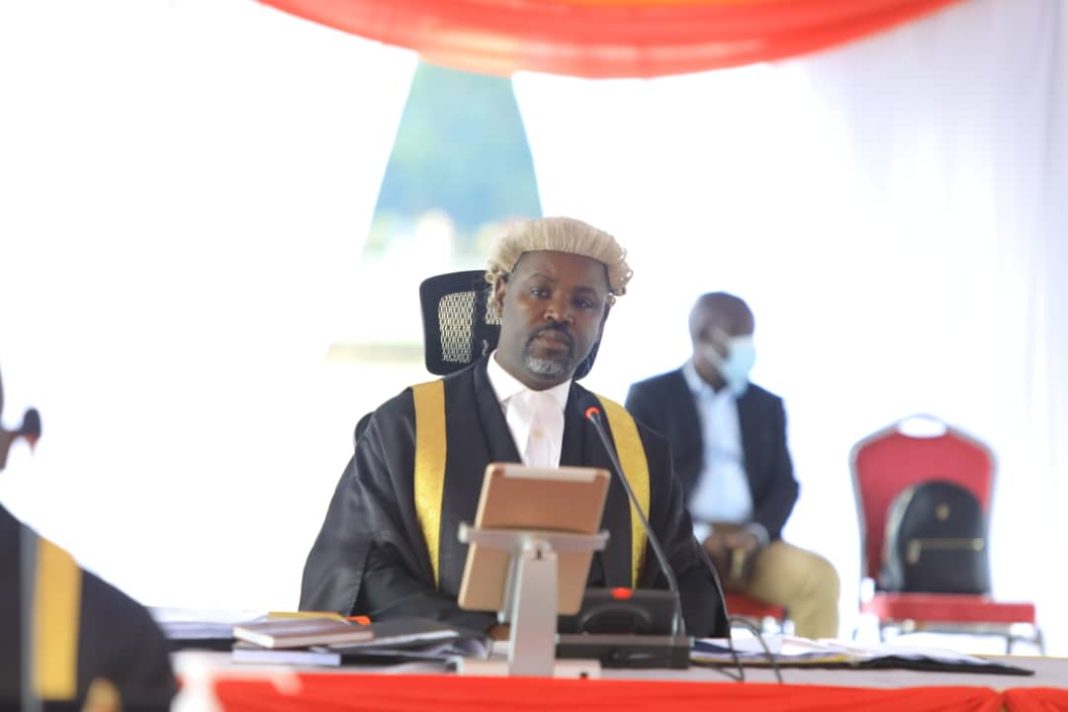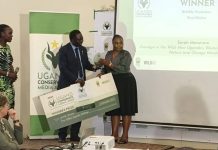Deputy Speaker Thomas Tayebwa advises the Minister of State for Energy and Mineral Development, Hon. Phiona Nyamutoro, to consider requesting a supplementary budget to resettle and compensate those affected by the Karuma Hydropower project. The proposed budget for the resettlement of 119 displaced individuals stands at Shs28 billion, with Shs4.2 billion allocated for compensation.
“We should not wait for the 2024/2025 budget as this is an urgent matter. Present your case to Cabinet; we have approved many supplementary budgets before. I do not think we would reject one to compensate these long-suffering people,” Tayebwa remarked.
He offered this advice during the regional plenary session at Kaunda Grounds, Gulu City, on Friday, 30 August 2024. Tayebwa’s guidance followed the presentation of a report by the Committee on Environment and Natural Resources concerning a petition by the project-affected persons of the Karuma Hydropower plant.
“Let us support the minister, and within a month, we shall call upon her to provide an action report,” Tayebwa added.
Nyamutoro stated that the ministry is working with the National Environment Management Authority and Nwoya District Local Government to expedite the necessary approvals for constructing resettlement houses.

“This is an urgent matter, and the ministry is working tirelessly to ensure the affected persons are resettled. We ask for Parliament’s support to prioritize our 2025/2026 budget allocations to resolve this issue,” she said.
She further noted that due diligence was conducted before purchasing the land for relocating the affected persons, and the ministry currently holds the land title, which will be transferred to the individuals.
Committee Chair Hon. Herbert Ariko revealed that the completion of the Resettlement Action Plan (RAP) has been delayed by 12 years, even though it was initially intended to be completed within 15 weeks of its commencement in September 2012.
“The committee recommends that the Ministry of Energy and Mineral Development expedite the implementation of the Resettlement Action Plan to fully secure the project land,” Ariko said.
He highlighted that the RAP identified the most vulnerable groups as widows, widowers, the elderly, persons with disabilities, child-headed households, and those living with HIV, who have faced significant challenges in relocating, thus necessitating physical resettlement.
The committee’s report further recommended forming an Adhoc Joint Assessment Committee, comprising Energy Ministry staff, local leadership, and the affected persons, to periodically assess progress at the resettlement site.
“The committee has uncovered significant gaps in implementing the RAP and the compensation process, characterized by delays, unfair or inadequate compensation, and prolonged resettlement of vulnerable individuals, all of which have adversely affected their livelihoods,” Ariko added.
Kiryandongo District Woman Member of Parliament, Hon. Hellen Kahunde, expressed concern that those who voluntarily opted for resettlement have been the most impacted, calling for urgent action to resettle them.
“People are worried about losing their land because they do not have land titles,” Kahunde said.
The Karuma Hydropower Plant, a Run-of-the-River facility located along the River Nile, spans Kiryandongo and Oyam districts. Construction began in December 2013 and was initially slated for completion in December 2018. However, delays have pushed the commissioning date to September 25, 2024.























